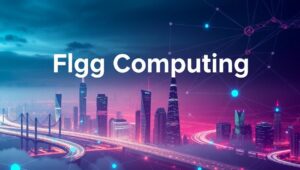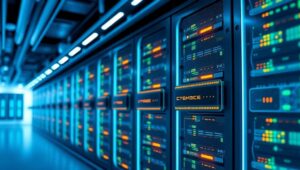Real-Time Data Processing at Scale: Challenges for 2027
Real-Time Data Processing at Scale: Challenges for 2027 Real-time data processing is no longer a futuristic concept; it’s a present-day necessity. As we move closer to 2027, the demands for immediate data insights are only going to intensify. This article delves into the key challenges organizations will face in achieving real-time data processing at scale and explores potential solutions to overcome them. The Escalating Demand for Real-Time Data From personalized customer experiences to proactive threat detection, the applications of real-time data processing are vast and varied. Industries such as finance, healthcare, retail, and manufacturing are increasingly reliant on instant data





